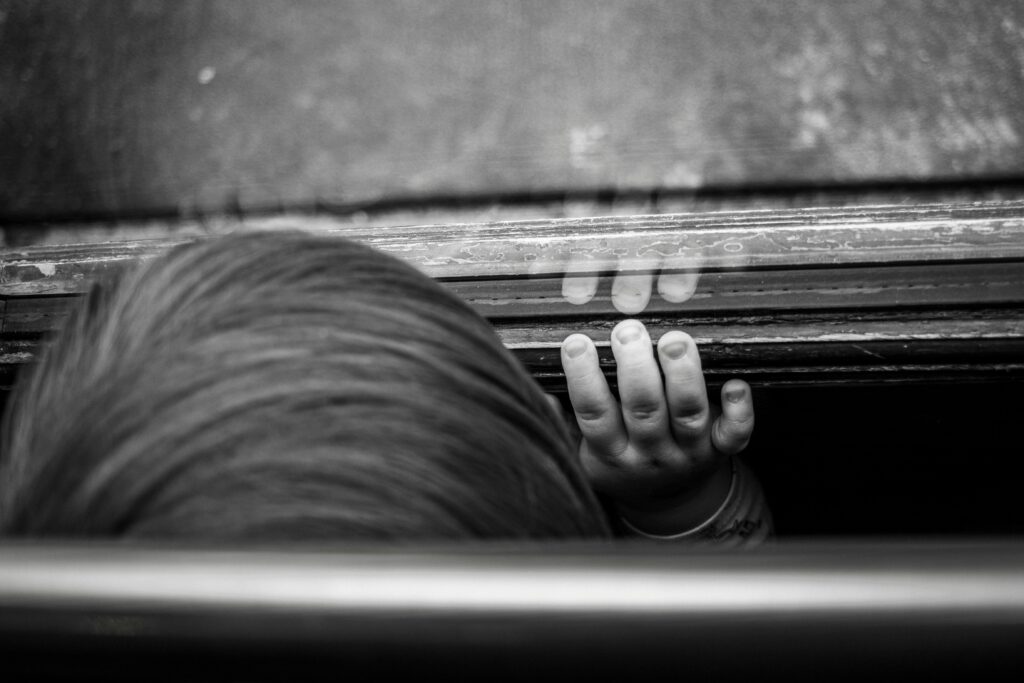Eating disorders can affect both children and teens and can have a devastating effect on their mental and physical health—and in extreme cases even be deadly.
Eating disorders do not just affect teen girls. These disorders can be prevalent in both boys and girls and can start before puberty and last into adulthood. It’s important to be aware of the signs of eating disorders because early detection and treatment can lead to better outcomes.
There are may types of eating disorders, but the most prevalent among children and teens are:
- Binge Eating Disorder: the person frequently consumes large amounts of food and feels unable to stop eating, even when uncomfortably full.
- Anorexia Nervosa: the person obsesses over losing weight and restricting food intake.
- Bulimia Nervosa: the person obsesses over losing weight and will have bouts of extreme eating followed by self-induced vomiting, purging or fasting.
The Risks
Eating disorders can have serious consequences for your child’s physical health. It also is typically coupled with depression, anxiety, and suicidal thoughts and behaviors.
A child or teen with anorexia can develop severe nutritional deficiencies and in extreme cases can die from severe effects of starvation.
Kids and teens with bulimia who binge and purge can over time harm their vital organs, including their liver, kidney, heart, and intestines. They are at an increased risk for developing an irregular heart rhythm and going into cardiac arrest.
Binge eating can lead to obesity, diabetes, heart disease, high blood pressure, gallbladder disease, and other detrimental long-term health disorders.
Signs Your Child Has an Eating Disorder
Your child will exhibit different signs depending on the disorder. Keep in mind that your child can become very good at hiding their eating disorder and may go to great lengths to continue the behavior. Here are some signs to watch for:
Emotional Signs
- Depression, anxiety, mood changes, or suicidal thoughts or actions
- Becoming withdrawn or isolated and spending less time with friends or family
- Obsession with being perfect
- Anxiety about eating, and preoccupation about what, how, or where they eat
- Obsession with their weight, or appearance—often with a distorted sense of their body image (example: calling themselves fat when they are not)
Behavioral Signs
- Having an Obsessive Compulsive Disorder (OCD)
- Spending excessive amounts of time planning their meals, or expressing frustration when their food practices are interrupted
- Spending a lot of time in the bathroom, where they run the faucet or shower to hide the sound of vomiting
- Stealing and hiding food
- Participation in sports or activities that focus on body weight and image, sometimes encouraging drastic weight-loss regimens. The most common would be ballet, gymnastics, modeling, wrestling and boxing.
Physical Signs
- Dramatic fluctuations in weight
- Digestive issues, like constipation, bloating, gas pains or cramps
- Dental issues like cavities, bleeding gums, and eroded teeth enamel
- Dizziness or light-headedness
- Complaints about muscles, such as being sore, cramps, or weakness
- Lower body temperature, where skin is cool to the touch and/or your child complains of being cold
- Hands and feet appear purple and feel cold
- Face and body may have an orange tint to it
- In girls, irregular menstruation or missed periods
When to Seek Help
If you suspect your child has an eating disorder, or if someone else brings it to your attention, it is best to contact your provider at Pediatrics West at (720) 284-3700 right away and seek professional intervention.


